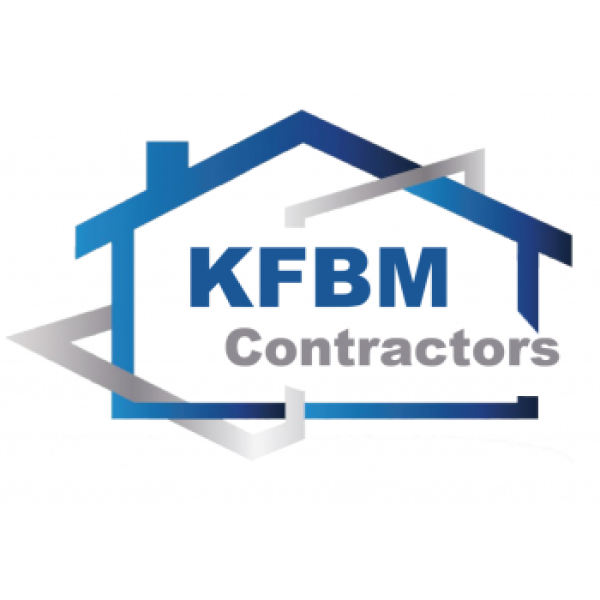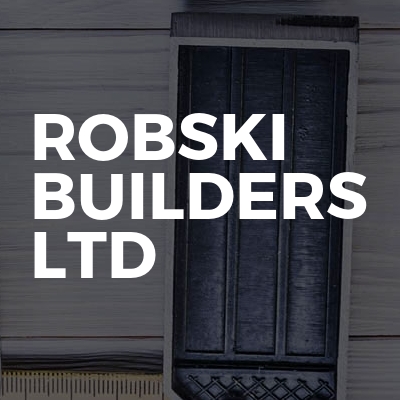Loft Conversions in Exeter
Filter your search
Post your job FREE and let trades come to you
Save time by filling out our simple job post form today and your job will be sent to trades in your area so you can sit back, relax and wait for available trades to contact you.
Post your job FREESearch Loft Conversions in places nearby
- Loft Conversions in Ashburton
- Loft Conversions in Axminster
- Loft Conversions in Barnstaple
- Loft Conversions in Bideford
- Loft Conversions in Buckfastleigh
- Loft Conversions in Budleigh Salterton
- Loft Conversions in Crediton
- Loft Conversions in Dartmouth
- Loft Conversions in Dawlish
- Loft Conversions in Exmouth
- Loft Conversions in Great Torrington
- Loft Conversions in Higher Dunstone
- Loft Conversions in Holsworthy
- Loft Conversions in Honiton
- Loft Conversions in Ilfracombe
- Loft Conversions in Ivybridge
- Loft Conversions in Kingsbridge
- Loft Conversions in Lynton
- Loft Conversions in Newton Abbot
- Loft Conversions in Northam
- Loft Conversions in Okehampton
- Loft Conversions in Ottery St Mary
- Loft Conversions in Paignton
- Loft Conversions in Plymouth
Understanding Loft Conversions in Exeter
Loft conversions in Exeter have become increasingly popular as homeowners seek to maximise their living space without the hassle of moving. With the city's rich history and charming architecture, converting a loft can add both value and functionality to a home. In this article, we'll delve into the various aspects of loft conversions, providing a comprehensive guide for those considering this home improvement project.
Benefits of Loft Conversions
Loft conversions offer numerous benefits, making them an attractive option for many homeowners. Firstly, they provide additional living space, which can be used for a variety of purposes such as a bedroom, office, or playroom. This extra space can significantly enhance the comfort and usability of a home.
Moreover, a well-executed loft conversion can increase the value of a property. In Exeter, where property prices are on the rise, this can be a wise investment. Additionally, loft conversions are often more cost-effective than building an extension, as they utilise existing space.
Types of Loft Conversions
There are several types of loft conversions to consider, each with its own advantages and suitability depending on the structure of the home.
- Velux Loft Conversion: This is the simplest and most cost-effective type, involving the installation of Velux windows to bring natural light into the loft space.
- Dormer Loft Conversion: A popular choice, dormer conversions extend the existing roof to provide additional headroom and floor space.
- Hip to Gable Loft Conversion: Suitable for semi-detached or detached houses, this conversion involves changing the sloping side of the roof to a flat gable end.
- Mansard Loft Conversion: This is the most extensive type, involving significant structural changes to create a flat roof with steep sides, maximising space.
Planning Permission and Building Regulations
Before embarking on a loft conversion in Exeter, it's crucial to understand the planning permission and building regulations involved. Generally, loft conversions fall under permitted development rights, meaning they don't require planning permission. However, there are exceptions, particularly for listed buildings or properties in conservation areas.
Building regulations, on the other hand, are mandatory for all loft conversions. These regulations ensure the safety and structural integrity of the conversion, covering aspects such as fire safety, insulation, and access. It's advisable to consult with a professional to ensure compliance with all necessary regulations.
Choosing the Right Contractor
Selecting a reputable contractor is vital for a successful loft conversion. Look for contractors with experience in loft conversions, particularly in the Exeter area, as they will be familiar with local regulations and architectural styles.
It's also important to check references and reviews from previous clients. A good contractor will provide a detailed quote and timeline for the project, ensuring transparency and reliability throughout the process.
Design Considerations
The design of a loft conversion can greatly impact its functionality and aesthetic appeal. Consider the purpose of the space and how it will be used. For example, a bedroom may require built-in storage solutions, while a home office might benefit from ample natural light and electrical outlets.
Additionally, think about the style and decor of the conversion. The design should complement the rest of the home, creating a cohesive and harmonious living environment. Consulting with an interior designer can provide valuable insights and ideas for optimising the space.
Cost of Loft Conversions
The cost of a loft conversion in Exeter can vary widely depending on the type of conversion, the size of the space, and the materials used. On average, a basic Velux conversion might cost between £15,000 and £20,000, while a more complex Mansard conversion could exceed £40,000.
It's important to budget for additional expenses such as architectural fees, building regulations approval, and potential unforeseen costs. Obtaining multiple quotes from different contractors can help ensure a competitive price.
Maximising Energy Efficiency
Energy efficiency is an important consideration for any home improvement project. Loft conversions offer an opportunity to enhance the energy efficiency of a home by incorporating modern insulation and energy-saving features.
Consider installing high-quality insulation to reduce heat loss and improve thermal comfort. Energy-efficient windows and lighting can also contribute to lower energy bills and a more sustainable home.
Common Challenges and Solutions
While loft conversions offer many benefits, they can also present challenges. One common issue is limited headroom, which can be addressed by choosing the right type of conversion or incorporating clever design solutions such as built-in storage or multi-functional furniture.
Another challenge is ensuring adequate natural light and ventilation. This can be achieved through the strategic placement of windows and skylights, as well as the use of light-coloured finishes and reflective surfaces to enhance brightness.
Legal and Insurance Considerations
Before starting a loft conversion, it's important to address any legal and insurance considerations. Inform your home insurance provider of the planned conversion, as it may affect your policy. Additionally, check if any party wall agreements are required if your property is attached to another.
Ensure that all necessary permissions and approvals are obtained before commencing work to avoid potential legal issues down the line.
Timeline for Completion
The timeline for completing a loft conversion can vary depending on the complexity of the project and the availability of materials and labour. On average, a loft conversion might take between six to twelve weeks from start to finish.
It's important to plan for potential delays and communicate regularly with your contractor to ensure the project stays on track.
FAQs About Loft Conversions in Exeter
- Do I need planning permission for a loft conversion in Exeter? Most loft conversions fall under permitted development rights, but it's best to check with the local council.
- How much does a loft conversion cost in Exeter? Costs vary, but a basic conversion might start at £15,000, while more complex projects can exceed £40,000.
- How long does a loft conversion take? Typically, a loft conversion takes between six to twelve weeks to complete.
- Can I convert my loft if I live in a listed building? Special permissions are required for listed buildings, so consult with the local authority.
- What types of loft conversions are available? Common types include Velux, Dormer, Hip to Gable, and Mansard conversions.
- Will a loft conversion add value to my home? Yes, a well-executed loft conversion can increase the value of your property.
Final Thoughts on Loft Conversions in Exeter
Loft conversions in Exeter offer a fantastic opportunity to enhance your living space and add value to your home. By understanding the different types of conversions, planning permissions, and design considerations, you can make informed decisions and ensure a successful project. With careful planning and the right professional guidance, a loft conversion can transform your home into a more functional and enjoyable space.
















